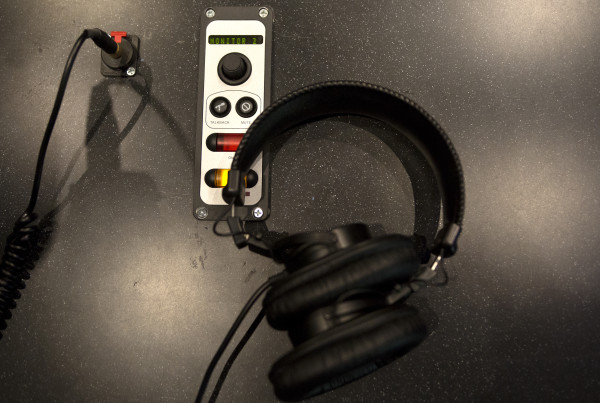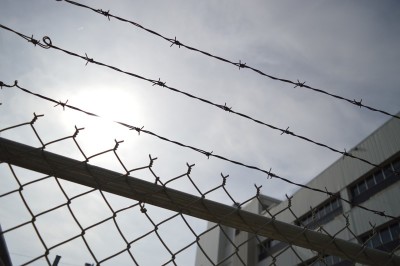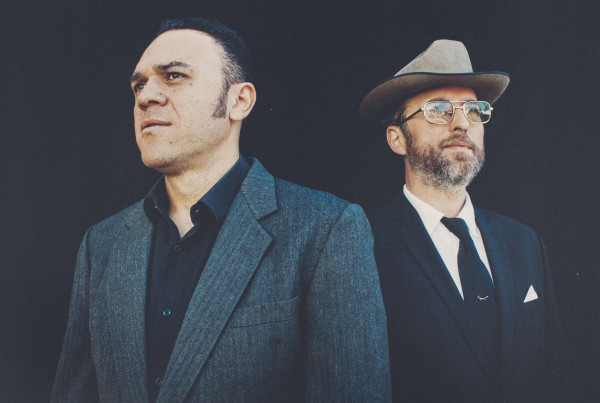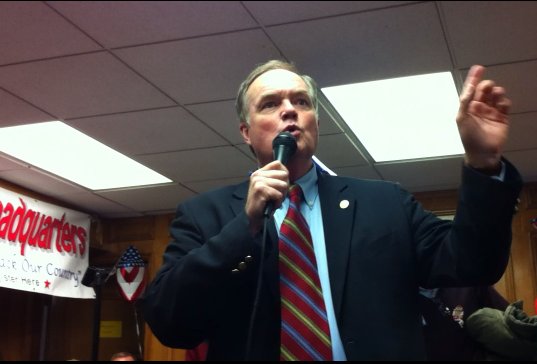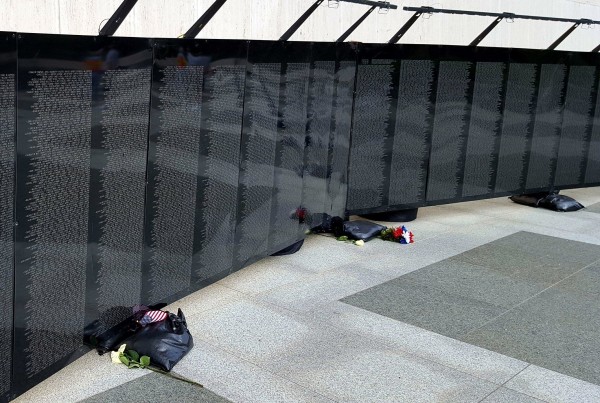The pools are filled, the lights will work, the parking lot is in place, but the diving boards and water slides remain untouched in the new $22 million swim center south of an Eagle Ford Shale oil patch. The complex hasn’t opened, but there it stands in Alice, Texas. A silent monument to the boom and the bust. It used to be that the toll on everyday life was hard to detect, but as oil prices plummeted the regional and personal impact is getting harder to overlook.
The oil industry is currently battling through one of the worst oil crisis, since the 1980s. Oil companies have cut thousands of jobs and have lost billions of dollars in Texas. Alice has been a central point in South Texas for pipelines and oil field service companies since 1938. But now the city’s sales taxes are down 55 percent, which was $4 million the first four months of 2015, but is now $1.8 million.
The number of drilling rigs in the Eagle also dropped from 204 to 43.
San Antonio Express-News reporter Jennifer Hiller has been exploring this aspect of the story.
“I think in some sense communities are used to this, they’ve seen oil come and go over the years,” Hiller says. “At the same time it’s hard not to get caught short when it happens”
As a result of the lower sales taxes, which helped fund the city, revenues for businesses like hotels have also seen a 40 percent to 70 percent decrease in revenues. Hiller says there is still activity in the region, but it’s not as busy as it once was.
“You have seen things like hotels close down in the region, R.V. parks are emptying out, restaurants aren’t as full as they use to be,” Hiller says.
The Alice swim center was built with city funds and now the issue is figuring out how the city is going to pay the operating expenses, which may cost about $500,000 a year. Hiller says that Alice is not the only city going through problems like this one. Communities in south and west Texas are also dealing with some of the same budget issues. And the predominant talk is about how quickly things have changed for communities.
“You do see people struggling to just meet basic expenses, and then you see people who may have been a little more prepared,” Hiller says.
Prepared for web by DalYah Jones.




